Ketamine therapy, a groundbreaking approach to treating various mental health conditions, has gained significant attention for its potential benefits. However, the journey doesn’t end with the treatment; it’s crucial to focus on post-procedure care to maximize the therapy’s effectiveness. Let’s delve into the best practices for post-ketamine therapy care, particularly when administered under anesthesia, with insights from renowned experts in the field.
Understanding the Recovery Plan
Dr. Clayton L. Allison, a seasoned psychiatrist with training from Mayo Clinic and UT Southwestern, emphasizes the importance of a structured recovery plan post-ketamine therapy. “The period following ketamine treatment is crucial for the brain’s healing and reorganization process. A well-thought-out recovery plan is essential for optimizing the benefits of the treatment,” says Dr. Allison.
This plan should include monitoring for any immediate side effects such as disorientation or nausea, common post-anesthesia. It’s imperative to have a support system in place during this period, as these effects can last a few hours.
Maintaining a Healthy Lifestyle
Brittany Huckaby, PHNP, with extensive experience in pediatric cardiac intensive care nursing, highlights the importance of a healthy lifestyle post-treatment. “After ketamine therapy, the body and mind are in a state of recovery. A balanced diet, sufficient rest, and avoiding substances like alcohol are key for a smooth recovery,” advises Huckaby.
Patients are also encouraged to engage in gentle physical activities. Huckaby suggests, “Activities like walking or yoga can be beneficial, but it’s crucial to listen to your body’s limits during this recovery phase.”
Mental Health Support Post-Anesthesia
Mental health support is a critical component of post-anesthesia care for ketamine patients. Dr. Allison points out, “Ketamine can unlock a range of emotions and thoughts. Professional support, whether through therapy or support groups, is vital in navigating these experiences healthily.”
Recovery Journaling
Keeping a recovery journal is another strategy recommended by experts. Documenting thoughts, and feelings, and noticing any changes after the treatment provides valuable insights into the patient’s progress and response to the therapy.
Local Support in Texas
For those in Allen, McKinney, Frisco, and Dallas, Texas, accessing a local support network is advantageous. Dr. Allison, based in Texas, advocates for local support: “Having a support network within your community, including healthcare providers and support groups, is incredibly beneficial for a holistic recovery.”
In summary, post-procedure care after ketamine therapy is a multifaceted process that requires attention to physical and mental well-being. By following these expert-recommended strategies, patients can significantly enhance their healing process and maximize the therapeutic benefits of ketamine.
For more detailed information or to discuss your specific needs, the team at Nortex Psychiatry, including experts like Dr. Clayton L. Allison and Brittany Huckaby, PHNP, is dedicated to supporting patients through their ketamine therapy journey. Remember, the steps you take after your treatment are just as crucial as the treatment itself for achieving the best outcomes.


